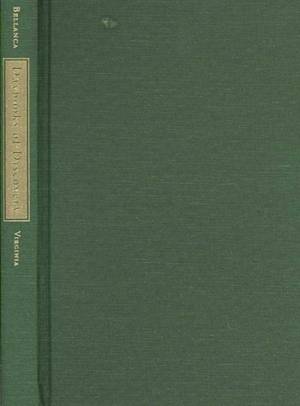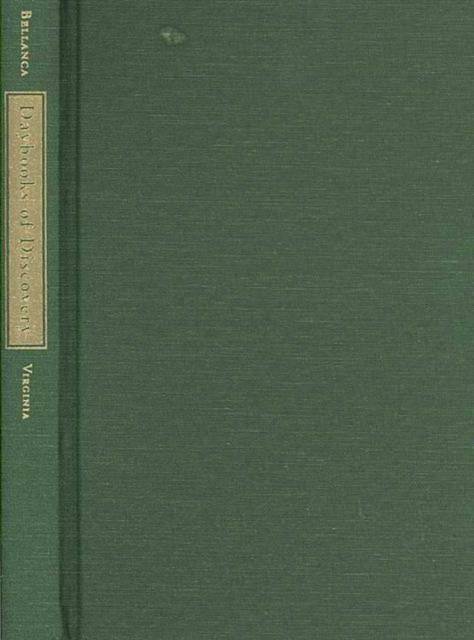
- Afhalen na 1 uur in een winkel met voorraad
- Gratis thuislevering in België vanaf € 30
- Ruim aanbod met 7 miljoen producten
- Afhalen na 1 uur in een winkel met voorraad
- Gratis thuislevering in België vanaf € 30
- Ruim aanbod met 7 miljoen producten
Omschrijving
Rooted in a thriving culture of amateur natural history, the keeping of nature journals and diaries flourished in late-eighteenth-and early-nineteenth-century Britain. As prescientific worldviews ceded to a more materialist outlook informed by an explosion of factual knowledge, lovers of nature both famous and obscure began to use daily composition as a quest for information about and a celebration of their surroundings. A central site of encounter, discovery, and expression, nature diaries took part in a vigorous cultural dialogue, performing, in an era called the "golden age" of nature writing, an engaging alchemy of language, science, and art.
In Daybooks of Discovery: Nature Diaries in Britain, 1770-1870, Mary Ellen Bellanca offers the first critical study of this genre. In looking at the diaries of Gilbert White, Dorothy Wordsworth, Emily Shore, George Eliot, and Gerard Manley Hopkins, as well as those of lesser-known figures, she explores the writers' pursuit of empirical knowledge of nature for its own sake, rather than focusing on Romantic nature philosophy or on 'ecology' as a metaphor for spiritual connectedness. Each chapter situates an individual author's journals amid contemporary discourses of natural history, examining how journal writing enabled and mediated the diarist's practice as naturalist.
A mélange of fact, narrative, and imaginative re-creation, the nature diary played a crucial role in literature and science in a period of burgeoning knowledge about the natural world. For students and scholars of environmental history, the history of science, ecocriticism, and Victorian studies, Daybooks of Discovery will prove an essential tool for understanding this distinct genre.
Specificaties
Betrokkenen
- Auteur(s):
- Uitgeverij:
Inhoud
- Aantal bladzijden:
- 248
- Taal:
- Engels
- Reeks:
Eigenschappen
- Productcode (EAN):
- 9780813926124
- Verschijningsdatum:
- 23/05/2007
- Uitvoering:
- Hardcover
- Formaat:
- Genaaid
- Afmetingen:
- 160 mm x 227 mm
- Gewicht:
- 508 g

Alleen bij Standaard Boekhandel
Beoordelingen
We publiceren alleen reviews die voldoen aan de voorwaarden voor reviews. Bekijk onze voorwaarden voor reviews.











